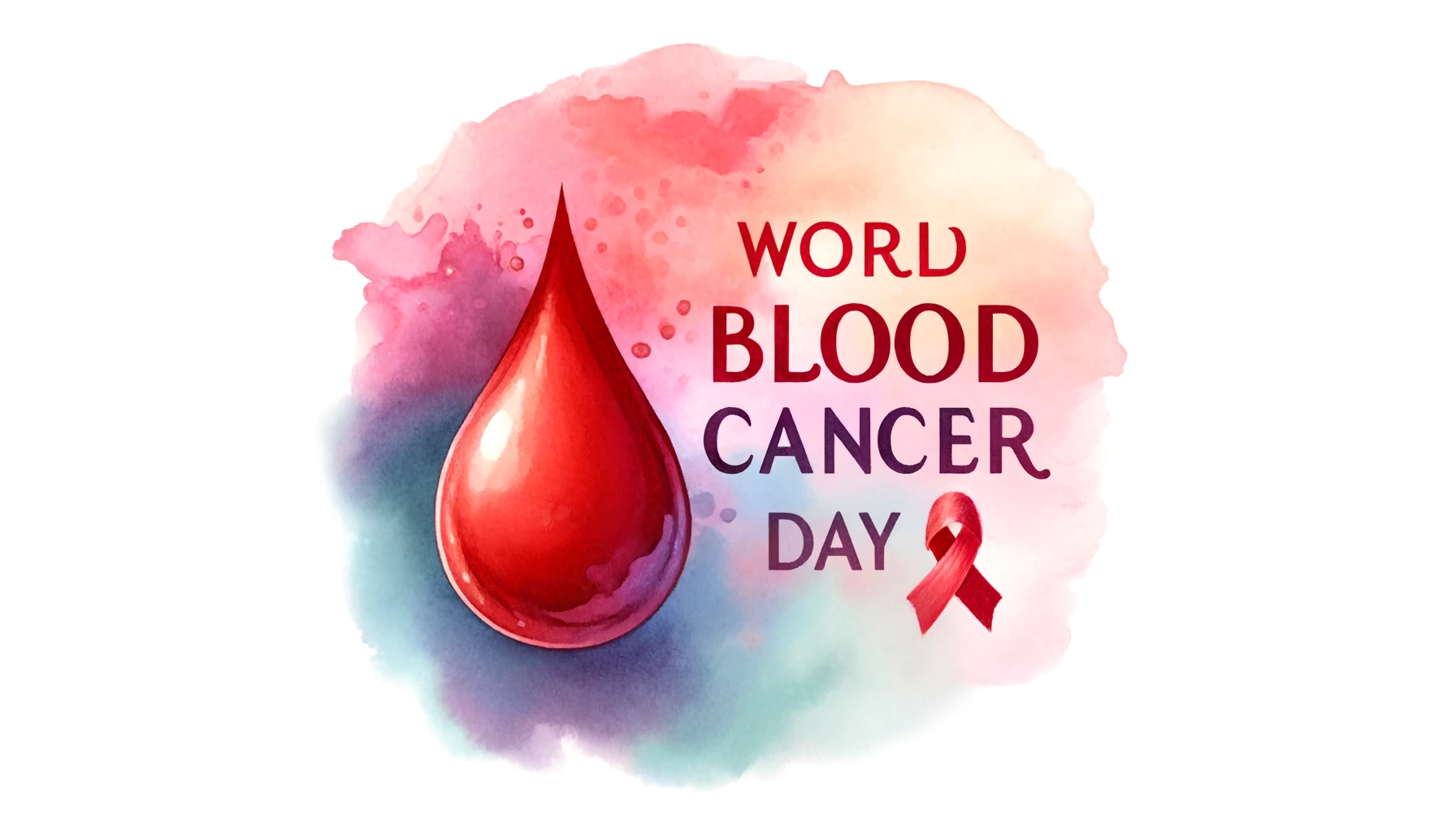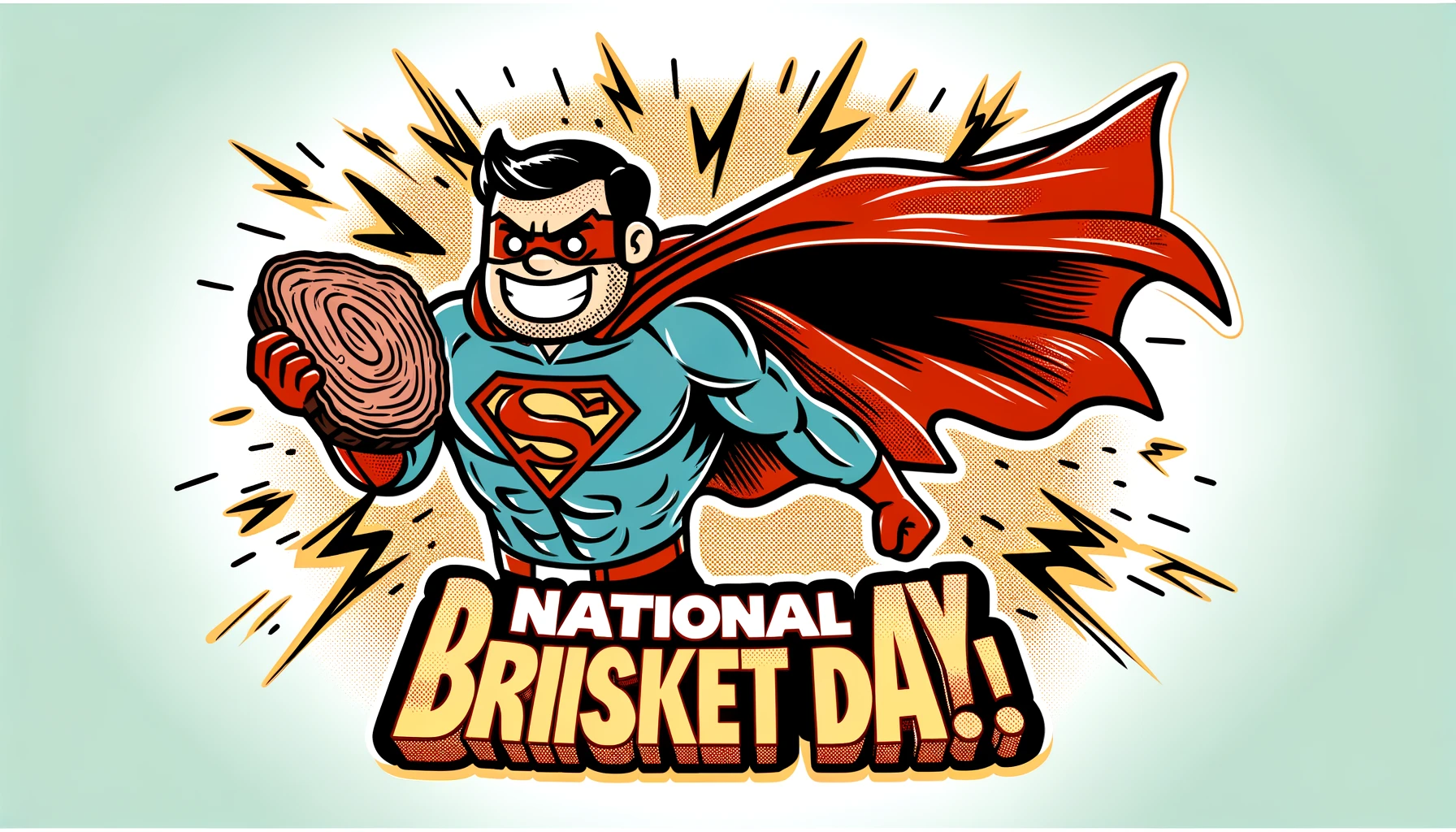Blood cancer is a group of diseases that affect the blood, bone marrow, and lymphatic system. The main types of blood cancer are leukemia, lymphoma, and myeloma. Leukemia involves the uncontrolled growth of white blood cells, lymphoma affects the lymphatic system, and myeloma targets plasma cells in the bone marrow. Each type has its own subtypes, symptoms, and treatment options, making blood cancer a complex field requiring extensive research and understanding.
The exact causes of blood cancer remain largely unknown, but several factors can increase the risk. Genetic predispositions, such as inherited genetic mutations, play a significant role. Environmental factors, including exposure to certain chemicals and radiation, also contribute to the risk. Lifestyle factors, such as smoking and excessive alcohol consumption, can further elevate the chances of developing blood cancer. Despite these known risk factors, much about the disease’s origins remains to be discovered.
The Importance of World Blood Cancer Day: History and Goals
World Blood Cancer Day, observed annually on May 28th, was established to unite people worldwide in the fight against blood cancer. Founded by DKMS, an international non-profit organization, this day aims to raise awareness, promote research, and encourage donations to support those affected by blood cancer. The day is symbolized by the red ampersand (&), representing solidarity and the connection between patients, donors, and supporters.
The primary goals of World Blood Cancer Day are to increase public awareness about blood cancer, promote early detection, and highlight the importance of bone marrow donations. By spreading knowledge and encouraging people to get involved, the day aims to improve patient outcomes and support ongoing research efforts. The ultimate mission is to eradicate blood cancer and ensure that patients receive the best possible care and support.
Current Statistics and Challenges: Global Blood Cancer Landscape
Blood cancer remains a significant global health challenge, with millions of new cases diagnosed each year. According to recent statistics, leukemia, lymphoma, and myeloma collectively account for a substantial proportion of cancer-related deaths worldwide. Despite advancements in medical science, the survival rates for many blood cancer types remain lower than desired, emphasizing the need for continued research and awareness.
Diagnosing blood cancer can be particularly challenging due to its diverse symptoms, which often mimic those of less severe illnesses. This can lead to delays in diagnosis and treatment, adversely affecting patient outcomes. Additionally, the financial burden of blood cancer treatment is substantial, placing a significant strain on patients and their families. Emotional and psychological challenges also arise, underscoring the need for comprehensive support systems for those affected by blood cancer.
Advances in Blood Cancer Research and Treatment: Hope on the Horizon
Recent years have seen significant advancements in blood cancer research and treatment, offering hope to patients and their families. Breakthroughs in genetic research have led to a better understanding of the disease, paving the way for targeted therapies that are more effective and less harmful than traditional treatments. Immunotherapy, which harnesses the body’s immune system to fight cancer, has shown promising results in treating various blood cancers.
Case studies and success stories from patients who have benefited from these new treatments highlight the progress being made. For instance, CAR-T cell therapy, a type of immunotherapy, has resulted in remarkable remissions for some patients with previously untreatable blood cancers. These advancements underscore the importance of continued research and funding to develop new therapies and improve existing ones, ultimately striving for a future where blood cancer is no longer a life-threatening disease.
How to Get Involved: Making a Difference
There are numerous ways individuals can contribute to the fight against blood cancer. Donations play a crucial role in funding research and supporting patients. Fundraising events, such as charity runs, bake sales, and online campaigns, are excellent ways to raise money and awareness. Every contribution, no matter how small, can make a significant impact.
Volunteering and advocacy are other important avenues for involvement. By volunteering with organizations dedicated to fighting blood cancer, individuals can provide valuable support to patients and their families. Advocacy efforts, such as lobbying for better healthcare policies and funding, can also drive systemic changes that benefit the blood cancer community. Becoming a bone marrow donor is another powerful way to help, potentially saving the life of someone battling blood cancer.
Personal Stories and Testimonials: Inspiring Hope
Sharing personal stories and testimonials is a powerful way to raise awareness and inspire hope. Patients and survivors who share their journeys offer invaluable insights into the realities of living with blood cancer. Their stories highlight the challenges they face, the treatments they undergo, and the resilience they demonstrate in the face of adversity.
Family members and caregivers also play a crucial role in these narratives. Their perspectives provide a deeper understanding of the emotional and practical support required to navigate a blood cancer diagnosis. By sharing these stories, the blood cancer community can foster a sense of solidarity and encourage others to join the fight against this disease.
Conclusion: Join the Fight Against Blood Cancer
World Blood Cancer Day is a vital initiative that brings global attention to the fight against blood cancer. By raising awareness, supporting research, and encouraging action, we can make a significant impact on the lives of those affected by this disease. Whether through donations, volunteering, or becoming a bone marrow donor, every effort counts in the battle against blood cancer. Let us unite to fight and strive for a future where blood cancer is no longer a threat to health and life.
10 Interesting Facts about World Blood Cancer Day:
- Global Recognition: World Blood Cancer Day is observed annually on May 28th to unite people worldwide in the fight against blood cancer.
- Founded by DKMS: The day was established by DKMS, an international non-profit organization dedicated to the fight against blood cancer.
- Red Ampersand Symbol: The red ampersand (&) is the official symbol of World Blood Cancer Day, representing solidarity and connection.
- Bone Marrow Donors: One of the primary goals of the day is to encourage people to register as bone marrow donors.
- Social Media Campaigns: World Blood Cancer Day is marked by extensive social media campaigns to spread awareness and share personal stories.
- Awareness Events: Numerous events, such as walks, fundraisers, and educational seminars, are organized globally to support the cause.
- Research Funding: Funds raised on this day are crucial for supporting innovative research in the field of blood cancer treatment and cure.
- Survivor Stories: Inspirational stories of blood cancer survivors and patients are shared to offer hope and encouragement to those affected.
- Educational Outreach: The day promotes educational outreach to inform the public about the symptoms and early detection of blood cancer.
- International Support: Countries around the world participate in World Blood Cancer Day, showcasing the global solidarity in the fight against this disease.












Raising awareness and building support on World Blood Cancer Day. An important read!
Blood cancer awareness
Important message!
The article on World Blood Cancer Day is very informative. Raising awareness on this issue is crucial.
World Blood Cancer Day is crucial for awareness. This piece provides a thorough and compassionate overview of the day. Thanks for the informative read!
The page about World Blood Cancer Day is very informative and engaging. It offers a detailed look at the importance and significance of the day, along with some interesting facts and ways to raise awareness and support. The information is well-organized and easy to read, making it a pleasure to navigate. This site is a fantastic resource for anyone wanting to learn more about World Blood Cancer Day.
This page about World Blood Cancer Day is both informative and touching. It delves into the importance of awareness and support for blood cancer, offering useful insights and facts. The layout is clean and the information is presented clearly. A valuable resource for everyone.